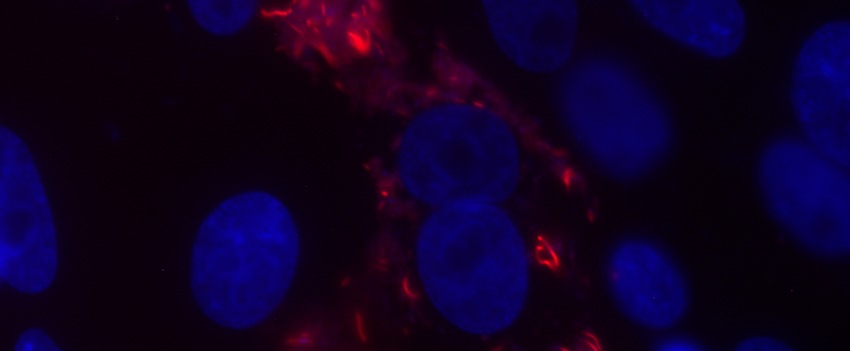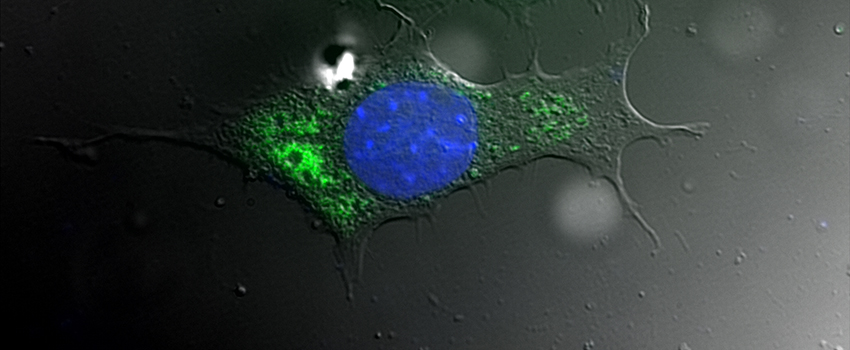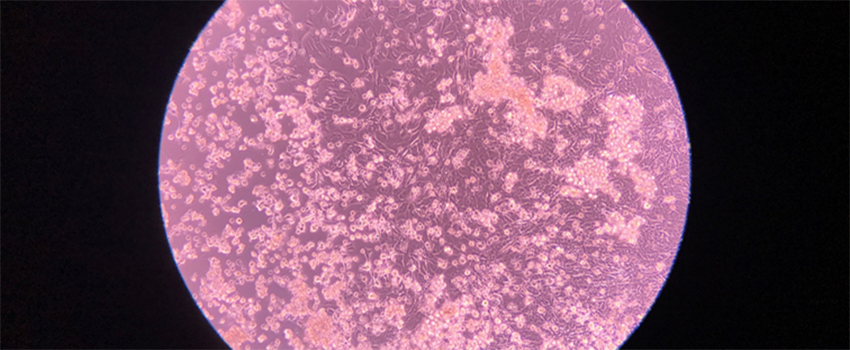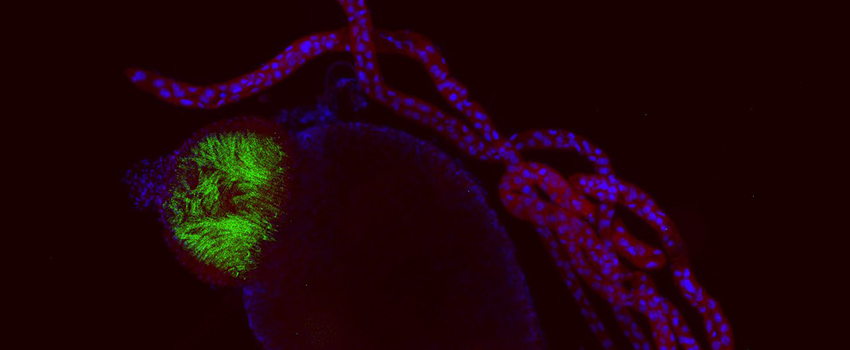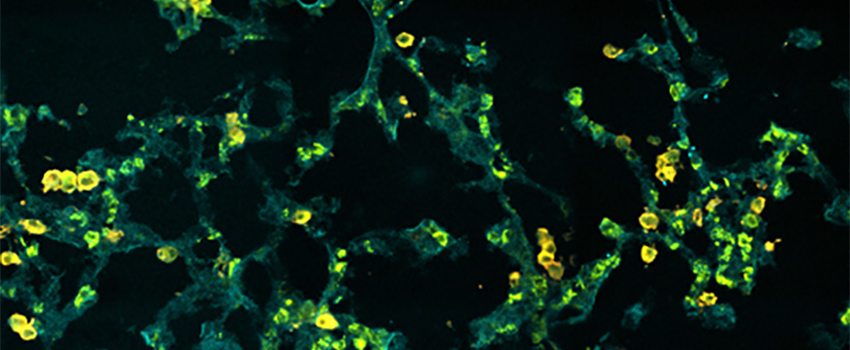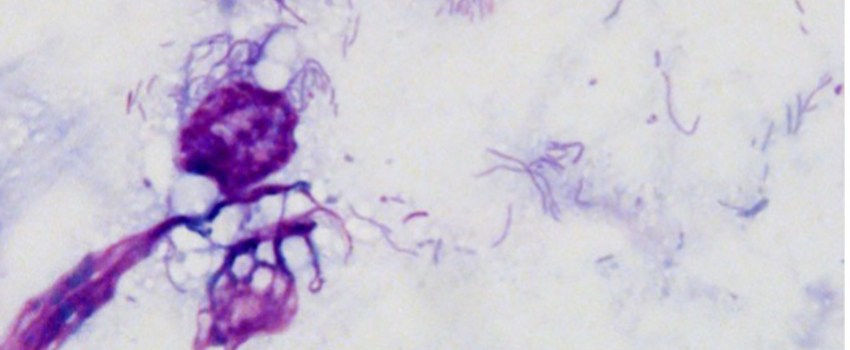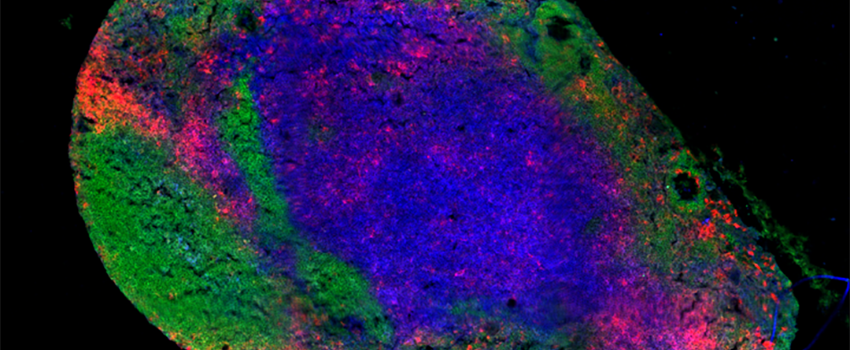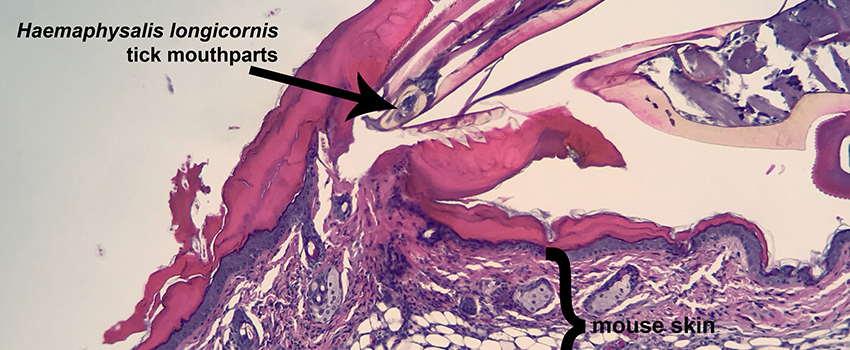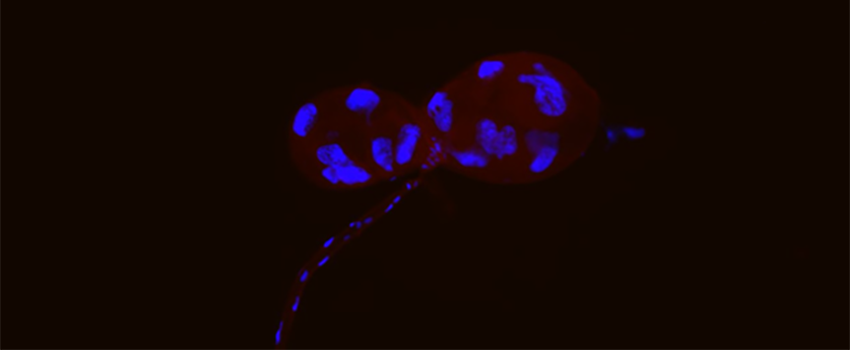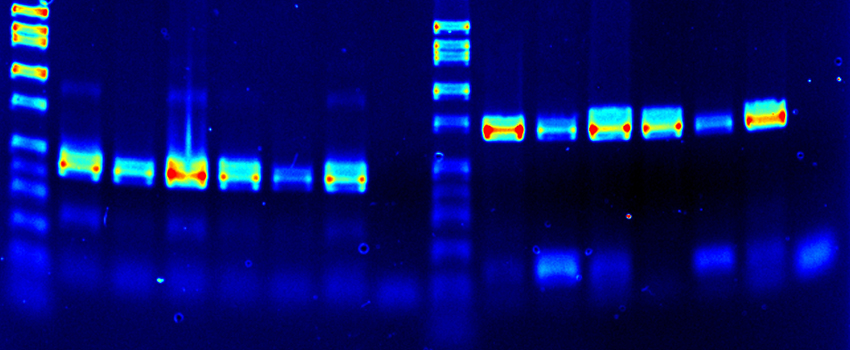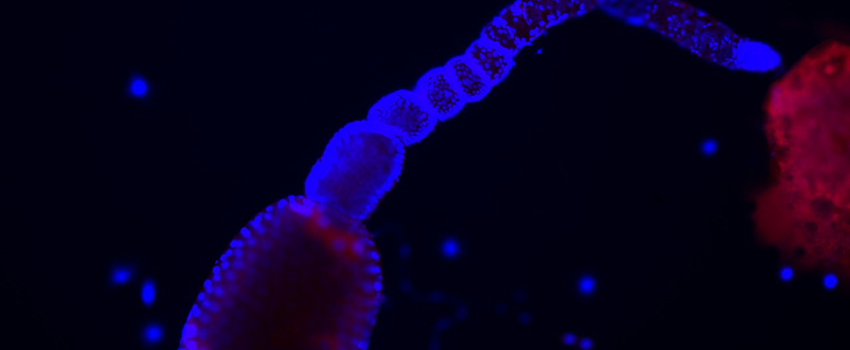The Department of Microbiology and Immunology is one of five basic sciences departments within the Frederick P. Whiddon College of Medicine at the University of South Alabama. The proximity to other departments in the College of Medicine and in the College of Arts and Sciences and our access to state-of-the-art facilities for working on infectious organisms stimulate interactions and collaborations within the University as well as nationally and internationally.
The Interdisciplinary Graduate Program in Basic Medical Sciences at the Whiddon College of Medicine awards the PhD degree in Basic Medical Sciences and is designed for students interested in careers in biomedical investigation. The program provides broad training which can lead to academic careers in medical institutions and universities or to a wide variety of research or administrative positions in government, non-profit, or industry settings.
The strengths of the Microbiology and Immunology research focus include:
- The availability of interdisciplinary courses and collaborations among the other basic sciences: Biochemistry and Molecular Biology, Cancer Biology, Physiology and Cell Biology, and Molecular and Cellular Pharmacology;
- An enthusiastic, well-funded, and internationally known faculty; and
- A faculty with diverse research interests such as cell biology, molecular biology, virology, bacteriology, parasitology, immunology, and vector biology.
The goals of the Department of Microbiology and Immunology are to:
- Conduct fundamental research in the areas of bacterial, fungal, and viral pathogenesis and the resulting host's response mechanisms.
- Foster the translation of basic research to clinical application.
- Train the next generation of biomedical research scientists.
Graduate students interested in Microbiology and Immunology will be accepted into the Infectious Diseases and Host Defense (IDHD) Track.
An Introduction - Dr. Kevin Macaluso, PhD, Chair of Microbiology and Immunology
Greetings and welcome.
When I arrived here in the fall of 2019, I knew that I was joining a department with a reputation for excellence in research, impactful contributions to science, and dedication to training the next generation of biomedical research scientists. The researchers here, both past and present, have laid a strong foundation for the scientific investigation of infectious and immunologic diseases, and their diligent work continues to make a difference both here and abroad. Scientists within the Department of Microbiology and Immunology are conducting ongoing research that targets a multitude of infectious pathogens and immune mechanisms and responses; their discoveries will continue to help support practitioners, public health departments, and policy makers in efforts to make communities healthier and safer.
I also knew that there was a wealth of potential within this department—potential for growth, for discovery, for impact. Exciting and intriguing, the research opportunities and capabilities offered here were unique and diverse, and that hasn’t changed over time. New discoveries and breakthroughs in research and technology continue to provide us with distinctive opportunities to conduct research that is both innovative and significant. And much like the city of Mobile, this department is an extraordinary culmination of history, experience, and progress. I invite you to browse through our website and watch the video below to learn more about what we do and to see what our talented faculty and impressive facilities have to offer. If you wish to learn more about opportunities to be a part of the research we do here, you can find our contact information listed under the “Contact Us” tab.
Regards,
Kevin R. Macaluso, PhD


